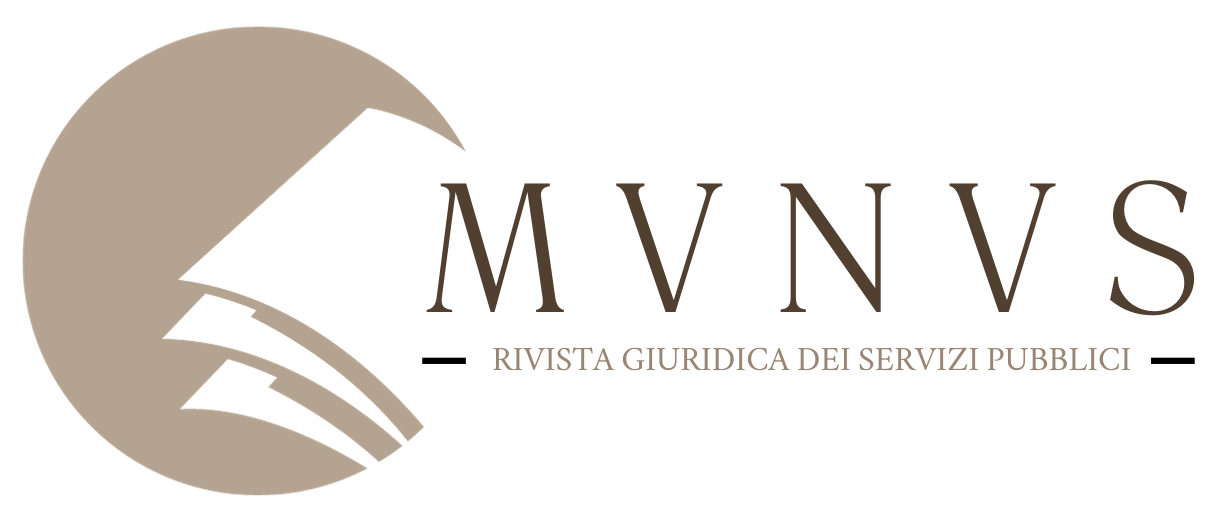Sommario:
1. Una relazione naturalmente asimmetrica e una ricerca necessariamente “condizionata”. Analisi diacronica e ampiezza dell’oggetto.
2. Le origini illuministiche e i controversi interventi in materia di cultura nell’Italia liberale. Una prima evoluzione concettuale.
3. Il ruolo del regime fascista nella definizione della cultura popolare.
4. La costituzionalizzazione della cultura e i primi provvedimenti dell’Italia repubblicana.
5.1. Industria culturale, mainstream e sub-culture. L’età del pluralismo.
5.2. Industria culturale, mainstream e sub-culture. Le misure di sostegno all’offerta e al consumo.
6. La ricerca di una cultura europea. L’ascesa del digitale e della rete.
7. Alcune notazioni a consuntivo.
Abstract
The present essay aims to reconstruct how the Italian public institutions relate to the concept of Culture, starting from an historical analysis of the different stages of development of the Italian constitutional system.
The concept itself, always been regarded by politics with extreme care and attention, and is subject to a fast, uncontrollable evolution that makes any explicit reference by law hard to outline and keep. Therefore, the essay is built diachronically, and maintains
a wide range of observation.
In this way the author makes a distinction between the dynamics and reasons that lead the Reign of Italy, since its Unification, to move toward a more aristocratic regulation; the fascism to build a stronger and often merely hypothetic identity; the new born
democratic republic to pursue pluralism of ideas and administrations. The analysis ends with an overlook on the present challenges of a European common culture and the not always shining perspectives opened by the digital technologies.
